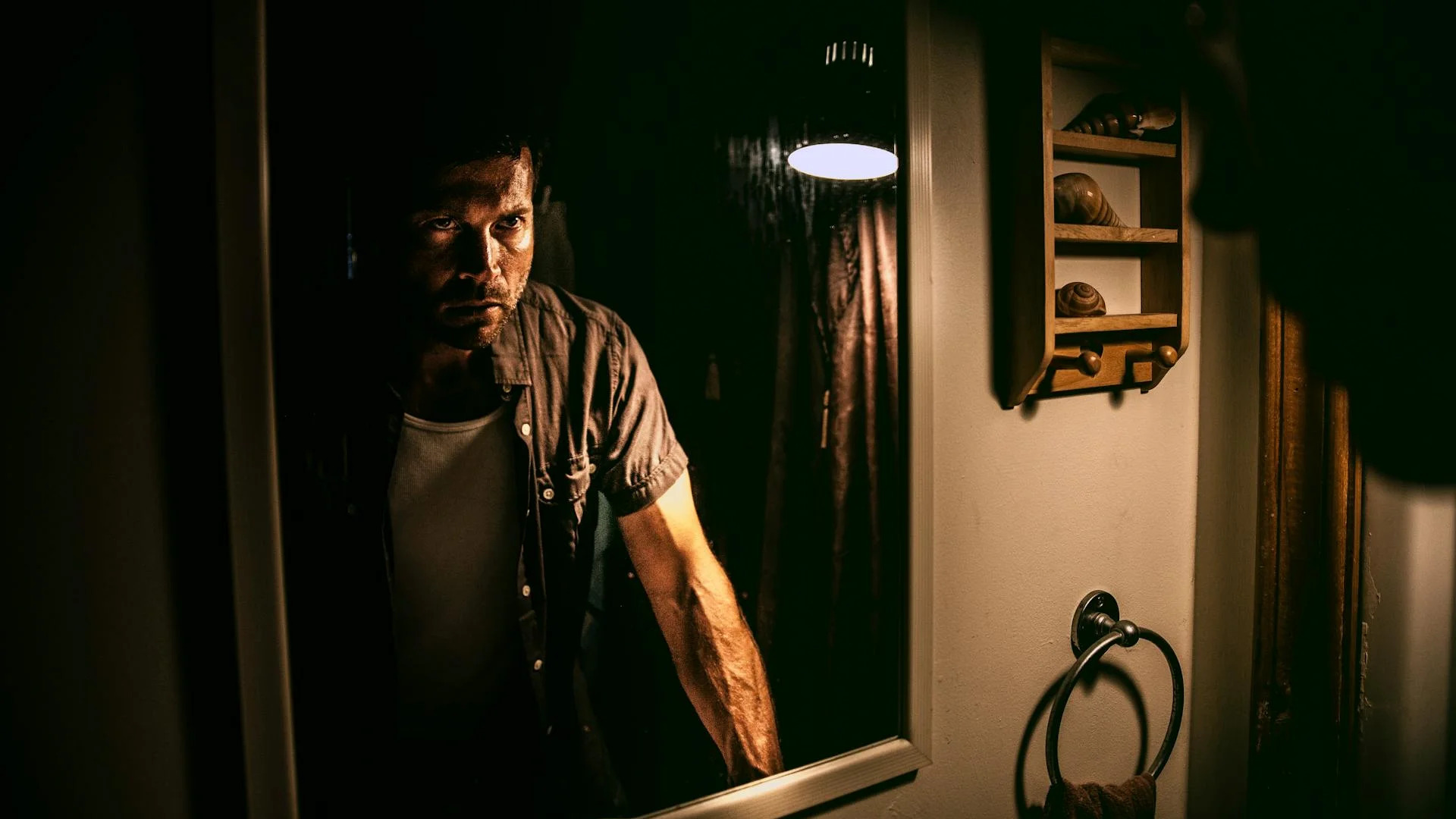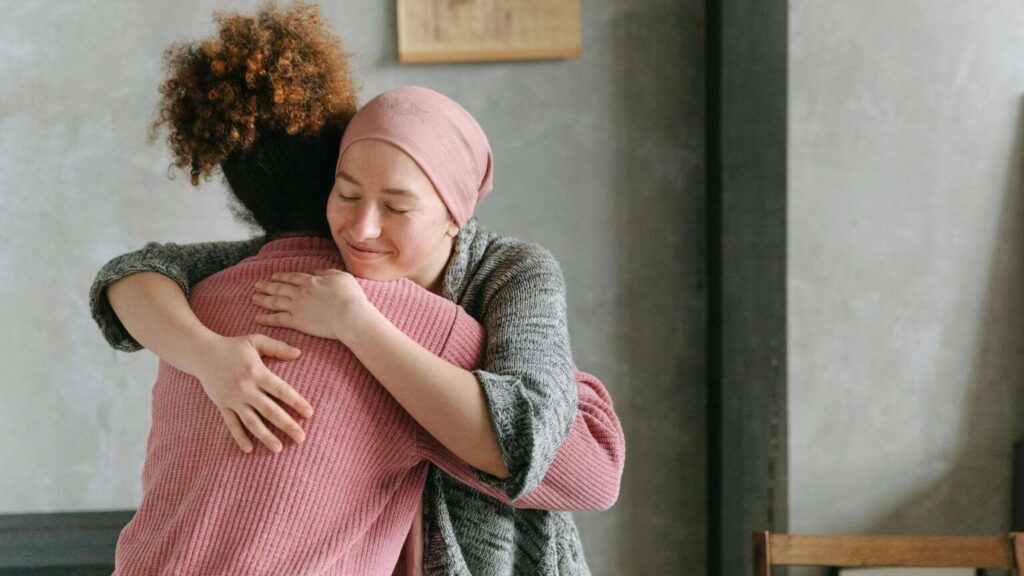Humanism
You’re Ruining What You Care About? It Might Not Be Random
21 February 2026

Health, alongside happiness, tops the list of well-wishes on various occasions. Does this custom reflect our most profound human needs? The desire for longevity often masks a hidden fear of transience – a denial of our mortality. Perhaps we occasionally ponder: “What if I knew when I would die?” Would this knowledge shield us from mistakes or drive us to madness?
Cinematic scenes where protagonists learn of a terminal illness and their remaining time serve as dramatic devices. In reality, doctors do not provide precise expiration dates. Delivering a fatal diagnosis challenges even the most seasoned physician. Medical circles often echo the defensive claim that “nobody taught us this.” Yet, news of a serious illness merely marks the beginning of a battle where faith and hope become the patient’s weapons.
Ailments are part of our daily lives – ranging from various infections to other complaints we routinely share with friends and family. Sometimes, we prefer to suffer in silence, patiently enduring symptoms. Each person copes with suffering differently, and even the most vexing illness becomes bearable when recovery seems possible. However, this is not always the case.
Some diagnoses knock us off balance, instilling fear, and paradoxically, sometimes leading to the abandonment of unhealthy habits. We fear most diseases for which there is no cure guaranteeing a full recovery.
Malignant neoplasms, medically termed cancer, are the leading cause of death worldwide, according to the World Health Organization. In 2020, they claimed 10 million lives. Despite intensifying preventive efforts and the growing popularity of healthy lifestyles, unwelcome diagnoses continue to proliferate. In 2022, 20 million new cancer cases were recorded.
We recommend: The Enduring Ideal of “Good Wives, Wise Mothers” in China, Japan and Korea
Many diagnosed cancers, particularly those detected early, are curable. Yet, the news of illness transforms one’s entire life. This transformation extends beyond the patient to their immediate circle. The patient’s psyche undergoes intense processes, with defense mechanisms striving to quell the storm of thoughts and emotions – mechanisms that, in this scenario aid survival.
The initial stage of coping with a diagnosis involves denial and isolation. Patients often direct anger towards the bearers of bad news – their doctors. They seek second opinions, attempting to rationalize and repress the information received. While this period might seem wasted, all actions taken serve to acclimate to the shocking news and psychologically adjust to a new, challenging reality.

Eventually, the inability to deny facts becomes apparent. An increasing array of terrifying “evidence” confirms the illness’s presence and the grueling battle ahead. Paradoxically, an emotion typically avoided now works in one’s favor: anger. It keeps the ego integrated, preventing fragmentation. All energy funnels into settling scores – with God, fate, or others who have led immoral or unethical lives yet remain unscathed.
The question “Why me?” remains unanswered. A profound sense of injustice prevails. Individuals scour their life histories for events that may have led to this juncture. The deeply ingrained desire for meaning and tendency to seek causality compel rationalization, naming, and cataloging of the impending storm of thoughts and feelings. Anger, however, plays a crucial role. It mobilizes strength, integrates internal structures, and facilitates acceptance of a new identity – that of a sick person.
When we realize that our health, once thought to be eternal, can simply crumble, we begin to objectify it – treating our time as a commodity. We desperately bargain with fate for a few more moments with children and family. Just one more significant achievement, one more important task to complete. Our consciousness floods with the necessary changes we wish to implement. We yearn to rectify so many mistakes, and for this, time is essential.
This critical stage carries a high risk of depression secondary to cancer. The patient experiences intense guilt and self-devaluation, potentially blaming themselves for all past wrongs, real or imagined. In such situations, consultation with a psychologist or psychotherapist is crucial to navigating this difficult period. Psycho-oncologists, in particular, offer specialized help, armed with the necessary knowledge and experience to provide psychological support to those grappling with cancer.
We recommend: Doing Nothing. Shoji Morimoto Offers Professional Services of Doing Nothing
As the battle commences – intense and exhausting treatment – the patient experiences a profound fear of bodily disintegration. Radiotherapy, chemotherapy, and surgical procedures push the body to its limits. The patient loses full control over their physique. Their appearance often changes, a consequence and side effect of the therapies employed. Feelings of loss, pain, and psychological suffering intertwine with assault throughout the treatment. It’s a period of highs and lows, motivation and resignation. At this stage, support from family and friends is crucial. A nurturing environment is one of the most critical factors bolstering the psyche of severely ill individuals.
The phase of intense combat against the disease is often long and draining. Therefore, it is important to simply listen to the patient without attempting to paint the world in positive hues. What the suffering individual needs now is tolerance for their grief and frustration. As a friend or spouse, we may be the sole outlet for the torrent of sadness that the patient cannot contain alone.

At a certain point, a stillness descends upon the patient’s life – a calm that follows the storm. Difficult emotions – anger, sadness, and grief – do not vanish. However, they are experienced with greater awareness and acceptance, no longer dominating one’s thoughts. The patient learns to navigate a new reality. Their inner world has been reconstructed, adapting to new conditions. While initially, the idea of reconciling with life amidst illness seemed inconceivable, our adaptive capabilities often surprised us.
During this time, the ability to perceive reality as it is restored. As strength is regained, planning resumes, aided by the hope that life with illness is still life. Fears, however, do not dissipate. The question “How much time do I have left?” persistently surfaces in consciousness.
Terror Management Theory, developed by psychologists Thomas Pyszczynski, Sheldon Solomon, and Jeff Greenberg, posits that adherence to one’s principles and belonging to a cohesive social group can mitigate the fear of death. For the terminally ill, religion often provides solace. They place hope in God, believing that life does not end with death, or if it does, it is akin to falling into a soothing sleep after a day’s labor. The fear of non-existence is deeply ingrained, yet hope intervenes – hope that through fidelity to ethical precepts and a propensity to rectify past mistakes (those within our power to correct), we will transition to a new, happier reality. As Tolkien wrote in The Silmarillion: death was Ilúvatar’s gift to humans, often misunderstood. Through it, their immortal soul could unite with the creator in a new reality, unbound by time and space.
Regardless of our beliefs, hope always remains.
Translation: Klaudia Tarasiewicz
Polish version: Gdy niebo wali się na głowę. Życie w cieniu choroby